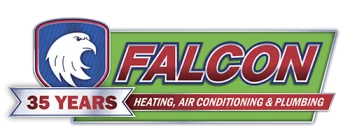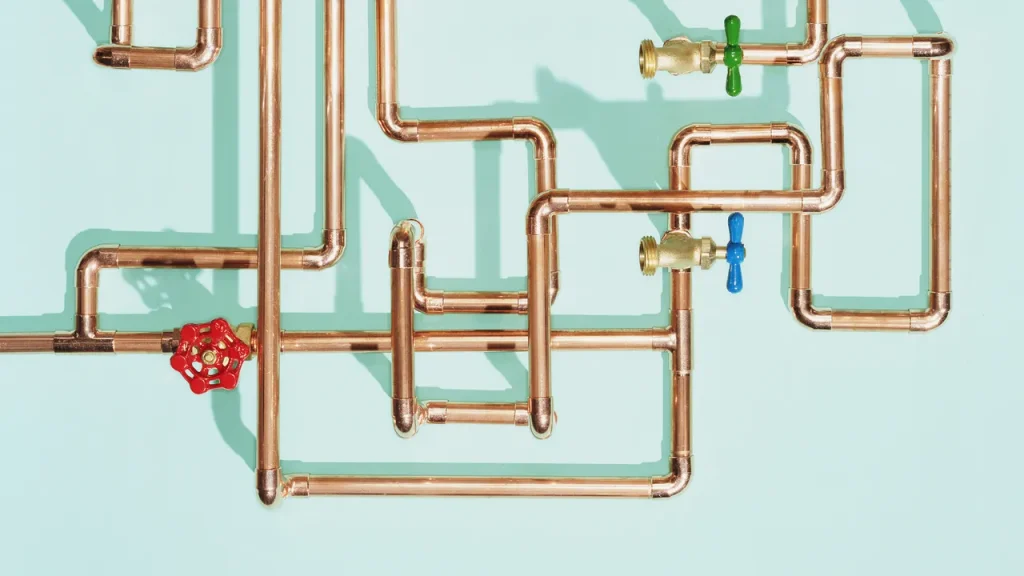Nestled in Northern Virginia, Chantilly boasts charming neighborhoods and a vibrant community. However, the unique combination of seasonal climates, proximity to the Potomac River, and housing variations can present challenges to your home’s plumbing system. This article explores the common plumbing issues Chantilly homeowners might encounter and provides valuable tips for prevention and maintenance.
Whether you live in a well-established single-family home or a modern townhouse in a newer development, understanding these potential problems can empower you to take proactive steps. By addressing plumbing concerns promptly and implementing preventative measures, you can avoid costly repairs and disruptions, ensuring your Chantilly home remains a haven of comfort and convenience.
Chantilly’s Diverse Neighborhoods and Plumbing Considerations
Chantilly, Virginia boasts a variety of established neighborhoods, each with its own unique character. These variations in geography and housing styles can influence the specific plumbing challenges residents might face. Here’s a closer look:
Established Communities: Homes in areas like West Ridge or Greenbriar often have larger yards and mature trees. The shade can help reduce summer humidity and potentially lessen the risk of clogged drains due to soap scum buildup. However, the age of these homes might mean outdated plumbing materials like galvanized steel, which are more prone to corrosion and leaks.
Newer Developments: Chantilly National and Franklin Square feature townhomes and modern single-family homes. These typically have up-to-date plumbing systems with PEX or copper pipes, which are more resistant to corrosion. However, the proximity of residences in denser developments can put a strain on shared sewer lines. Extra care is needed to avoid blockages caused by improper disposal of certain materials.
Waterfront Properties: Residents in neighborhoods bordering the Potomac River, like Greystone or The Landing at Echostage, might experience higher humidity levels due to their proximity to the water. This can contribute to faster corrosion of pipes and fittings. Regular inspections by a qualified plumber are recommended.
Impact of Local Climate and Geography
Regardless of the specific neighborhood, Chantilly’s overall climate plays a significant role in plumbing concerns. Here’s how the local environment can affect your pipes:
Seasonal Fluctuations: Chantilly experiences distinct seasons, with hot and humid summers followed by cold winters. These temperature swings can cause pipes to expand and contract, putting stress on joints and connections, potentially leading to leaks or cracks.
Proximity to the Potomac River: Chantilly’s location near the Potomac River contributes to higher humidity levels, especially during the summer months. Increased humidity can accelerate corrosion of pipes and fittings, shortening their lifespan.
Understanding these factors based on your Chantilly neighborhood’s characteristics can help you anticipate potential plumbing issues and take preventative measures.
The Impact of Age on Plumbing Systems
Many established neighborhoods in Chantilly feature homes built decades ago. The plumbing systems in these older homes may have different materials and configurations compared to modern plumbing. Here’s how the age of your house can influence plumbing challenges:
Outdated Materials: Older homes might have galvanized steel or even lead pipes. These materials are more prone to corrosion and leaks compared to PEX or copper pipes commonly used today.
Sewer Line Issues: Clay or Orangeburg sewer lines, often found in older homes, can deteriorate over time, leading to root intrusion, blockages, and even complete collapse.
Common Plumbing Issues in Chantilly Homes
Considering these climatic and age-related factors, let’s explore some common plumbing problems Chantilly homeowners might encounter:
- Clogged Drains: Increased humidity can lead to faster buildup of soap scum and hair in drains, causing them to clog more frequently.
- Leaky Pipes: Seasonal temperature changes and aging pipes can cause leaks, particularly around connections and joints.
- Water Heater Issues: Hard water, common in the Chantilly area according to the Fairfax County Water Authority, can lead to sediment buildup in your water heater, reducing its efficiency and lifespan.
- Toilet Trouble: Older toilets might use more water and be more susceptible to running or leaking due to worn-out parts.
Addressing Plumbing Problems and Preventing Future Issues
Every homeowner in Chantilly faces the potential for plumbing problems. The good news is that many of these issues are preventable with proper awareness and maintenance. Here’s a breakdown of the most common plumbing concerns Chantilly residents might encounter:
Clogged Drains:
- The Culprits: Kitchen sinks are battlegrounds for grease, food scraps, and coffee grounds. Bathroom sinks accumulate hair, soap scum, and toothpaste. Shower/tub drains become entangled with hair, soap scum, and even bath toys. The main sewer line, responsible for carrying waste out of your house, can become clogged by wipes, feminine hygiene products, and excessive grease.
- Prevention is Key: Install drain screens in your sinks and shower to catch hair and debris. Avoid pouring grease down the drain and regularly clean your garbage disposal with a commercial product or ice cubes and lemon peels. Never flush wipes or feminine hygiene products – they’re not designed to break down in sewer systems.
- Solutions for Blockages: For minor clogs, a plunger or drain snake might be enough. However, for stubborn clogs or those deep within the main sewer line, professional drain cleaning services are recommended.
Leaky Faucets:
- The Dripping Dilemma: A leaky faucet is more than just an annoyance; it wastes water and can lead to mold growth if left unchecked. The most common causes are worn-out washers or loose fittings.
- Repair or Replace: Depending on the severity of the leak and your DIY skills, you might be able to replace the washer yourself using a simple faucet repair kit. For more complex leaks or if you’re uncomfortable tackling the job, a professional plumber can diagnose and repair the issue efficiently.
Running Toilets:
- The Silent Waster: A constantly running toilet can significantly increase your water bill without you even realizing it. The culprits are often worn-out flappers or malfunctioning fill valves, which allow water to continuously flow into the tank.
- Stop the Flow: A simple DIY fix might involve replacing the flapper or adjusting the fill valve. If the issue persists or you’re unsure about tackling it yourself, consider calling a professional plumber.
Water Heater Issues:
- The Hot Water Issues: Nothing disrupts your day like a lack of hot water. This can be caused by a failing heating element, a malfunctioning thermostat, or even sediment buildup in the water heater tank. A leaking water heater also requires immediate attention.
- Signs of Trouble: If your hot water showers are lukewarm, your water heater might be nearing the end of its lifespan (generally around 8-12 years). Leaks or unusual noises are also red flags.
- Time for Replacement: Replacing a water heater is typically a job for a licensed plumber. They can assess the situation, recommend the right replacement unit, and ensure proper installation for optimal efficiency and safety.
Closing
Don’t let common plumbing problems turn into major headaches! By familiarizing yourself with the potential issues and taking proactive steps, you can maintain a healthy plumbing system and enjoy the comfort of your Chantilly home. Remember:
- Implement preventative measures like drain screens and regular maintenance.
- Address minor issues promptly to avoid costly repairs later.
- Schedule regular inspections by a qualified plumber for early detection of potential problems.
For professional assistance with any plumbing concern, there are several reputable and licensed Chantilly plumbers ready to help. A quick online search or referral from a trusted neighbor can put you in touch with the right professional to keep your home’s plumbing flowing smoothly.

